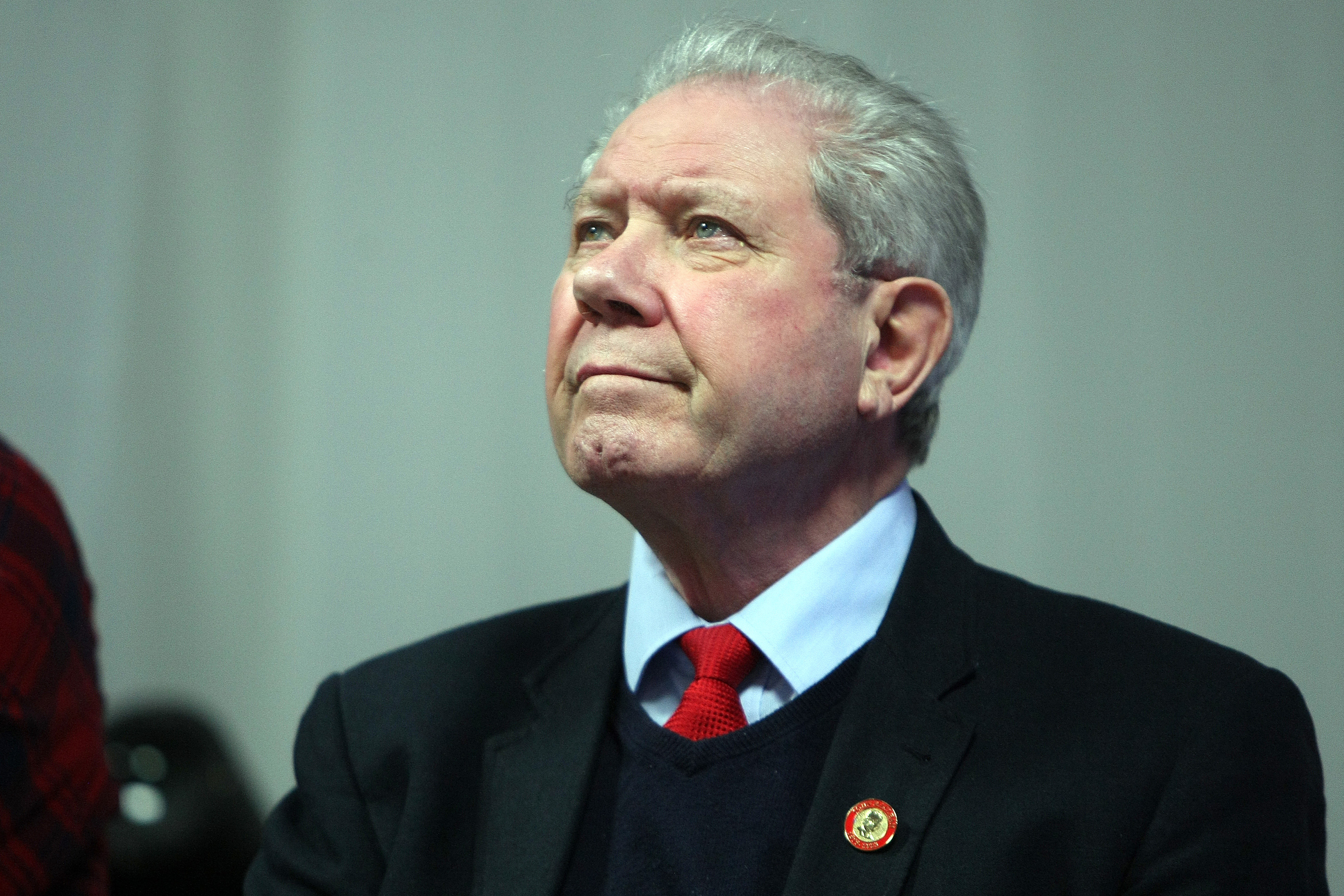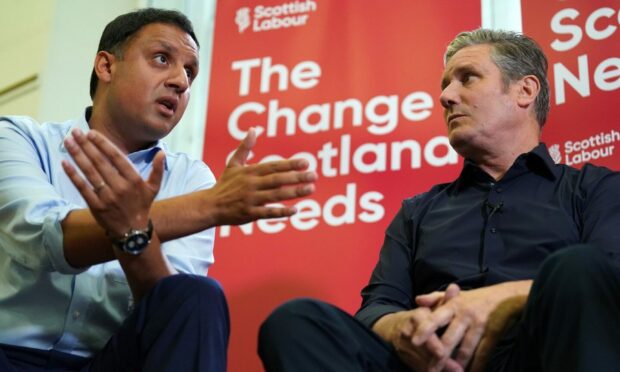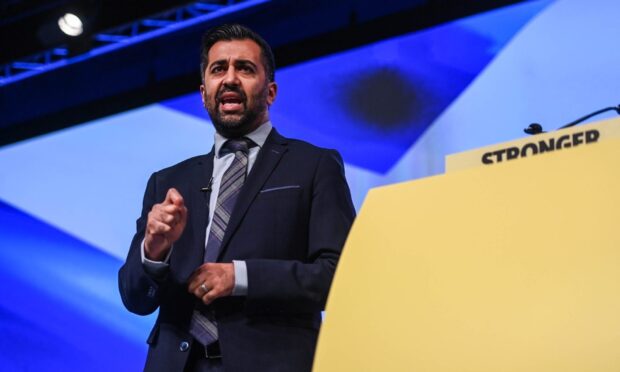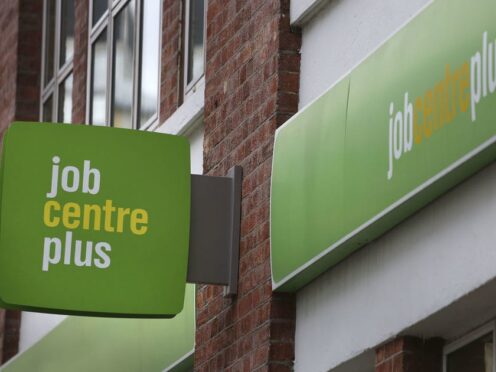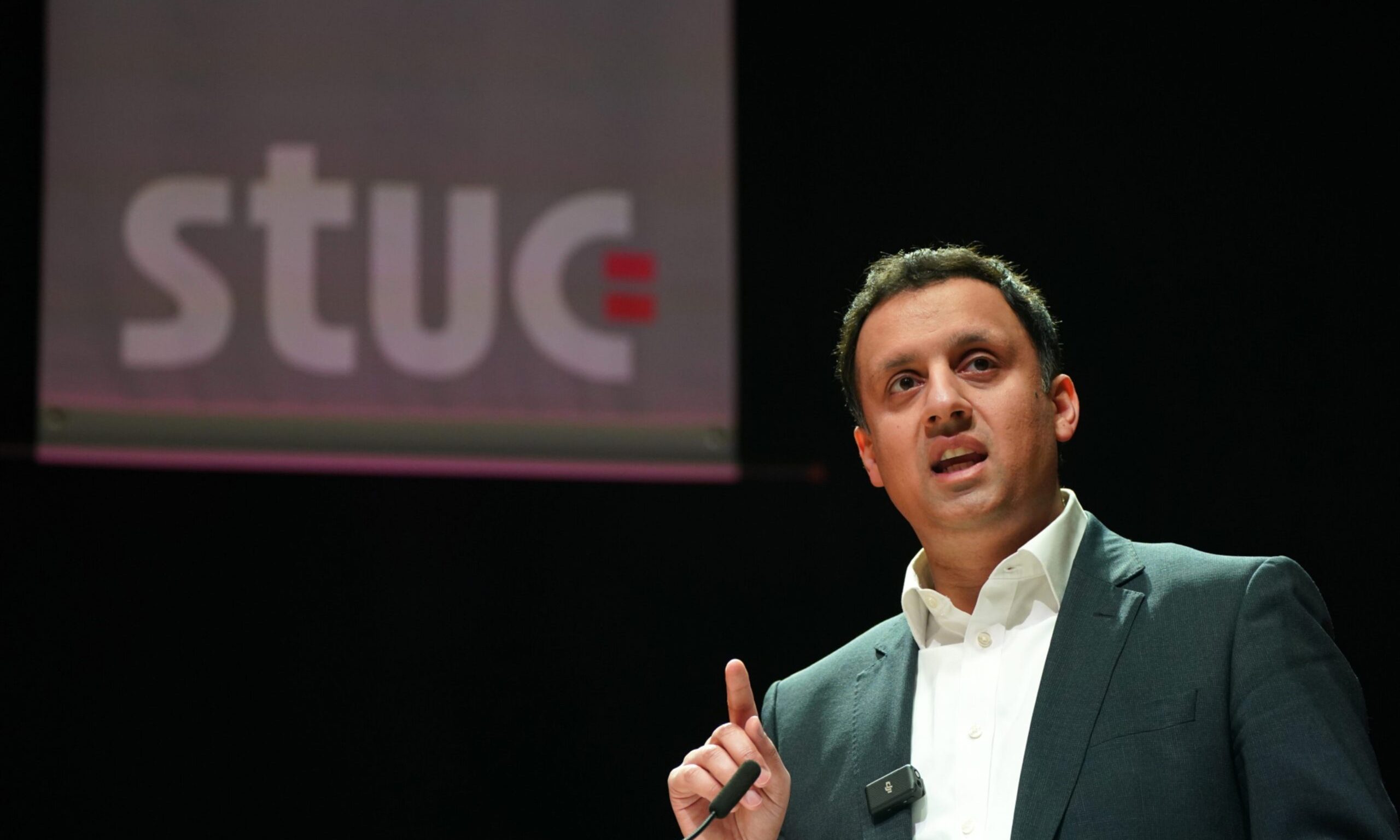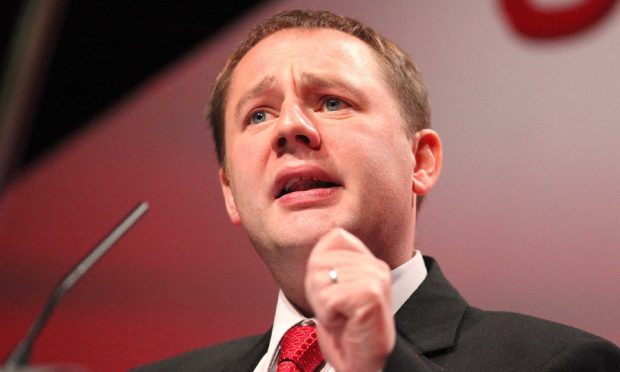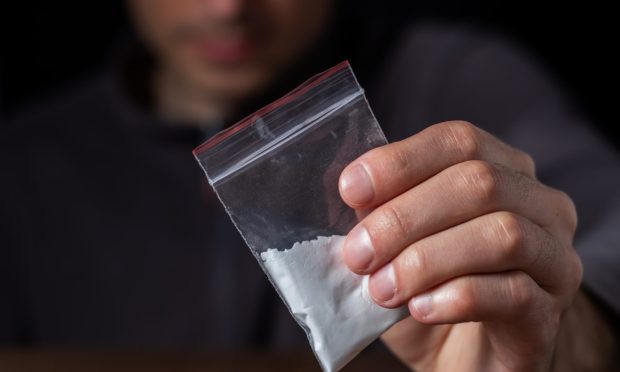The SNP are so “entranced” by the EU they are blind to its faults, according to its former deputy leader Jim Sillars.
The outspoken Nationalist grandee, who is one of Scotland’s most senior Brexit campaigners, also refused to give up his SNP membership as he criticised the party for stifling internal debate.
He said he knew of several SNP representatives in Westminster and Holyrood who will vote to leave the EU but are too scared to break ranks.
Mr Sillars, who was speaking at a Labour Leave and Leave EU event in Edinburgh, said: “The SNP seems incapable of analysing actually what is happening inside the EU and if they made an application to join the EU as an independent state they would find themselves rebuffed next time as they were rebuffed in 2014.
“The SNP seems to have had some sort of love affair with the EU and so entranced by it they are incapable of looking at it and seeing it for what it is, an undemocratic organisation run by an unelected elite.”
Asked why he is still a member of the SNP when many of his views are out of kilter with the party line, he said: “I have been in the SNP a long time and open debate in the party was actually quite traditional, believe it or not.
“We had policy committees in the party. I don’t believe that I have changed my contribution to the SNP in any way whatsoever and I think it’s healthy for a political party if the voices of dissent are heard against the position taken by the leadership, so I see no reason for me to leave the SNP whatsoever.”
The SNP seems to have had some sort of love affair with the EU and so entranced by it they are incapable of looking at it and seeing it for what it is, an undemocratic organisation run by an unelected elite.
Former UK trade minister Nigel Griffiths, who is Scottish co-ordinator for the Labour Leave campaign, criticised Nicola Sturgeon for a trip to Brussels last summer to “kiss the hand” of European Commission president Jean-Claude Juncker.
He said: “There was almost no criticism of the EU and almost no renegotiating position.
“At least (David) Cameron did come up with a few demands, we think they were low grade and not worth much, but at least he put forward a position.”
“The SNP leadership, for reasons I don’t understand, made no demands at all.”
SNP In Europe campaign director Humza Yousaf said his party have challenged the EU on where it falls short, but added Scotland’s interests are best served in the bloc.
“While we recognise that the EU is not perfect, and have set out a number of proposals for reform, we believe that the benefits of the EU are significant – that is why we are campaigning positively for Scotland, and the rest of the UK, to remain in the EU,” he added.
Mr Griffiths also warned of the dangers of the “terrible and toxic” trade deal – called the Transatlantic Trade and Investment Partnership – being negotiated between the US and EU.
“It is profoundly undemocratic in the way it has been driven through and it will be profoundly damaging to services that we cherish here in Scotland and the UK,” he said.
Mr Sillars said the NHS is exposed to US companies, who from “their end of the American corporate telescope” will argue that privatisation is already entrenched in the NHS.
He said Scotland’s rejection of privatisation will hold little water because it is seen as “substate” within the UK.
“After privatisation has become an accepted factor then it is much easier for the private practitioners to argue that free of the point of use is no longer applicable and that certain charges should be brought in,” he added.
